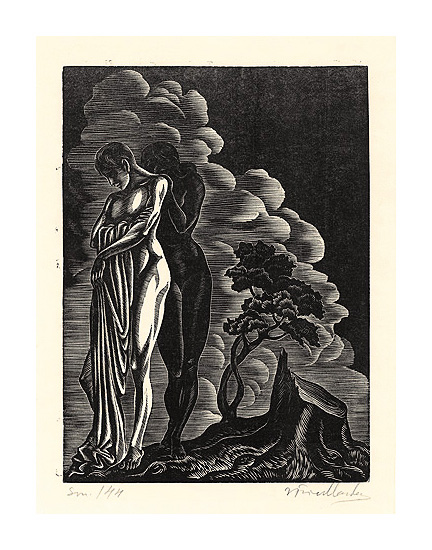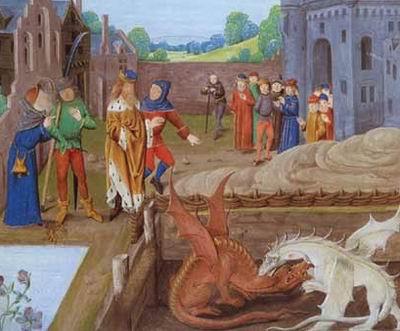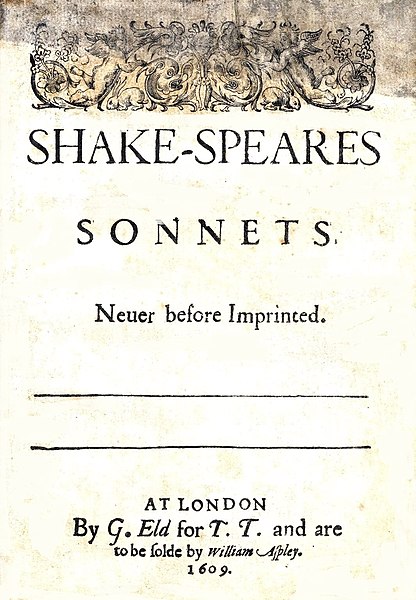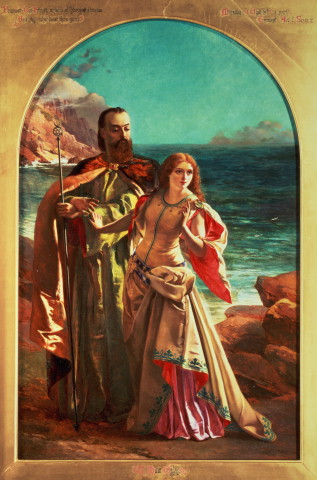
Titus Andronicus is a very difficult play for a modern audience. Many people dislike it so much that they can't believe Shakespeare wrote it! But it was one of his most popular plays during his lifetime. Why such a disparity of response? This assignment asks you to imagine what it was that made Elizabethan and Jacobean audiences love this play. Beyond the violence, what else might have appealed to them? Why did later public opinion turn against the tragedy? This assignment requires you to make an imaginative leap of faith and to really put yourself in an Early Modern person's shoes. Does this thought exercise change the way you think about this play?
Also, for fun, a link to an piece in the Smithsonian about Julie Taymor, who directed the film of Titus Andronicus as well as the Broadway Lion King. In this interview, she talks about those, and MSND.
http://www.smithsonianmag.com/arts-culture/why-shakespeare-is-julie-taymors-superhero-180947631/
 A Midsummer Night's Dream showcases some intriguing, yet frustrating, characters. What's bothering Titania, really? How can Bottom be so asinine and yet so perceptive? Why can't we tell the four lovers apart? What motivates Puck? Who is Theseus?
A Midsummer Night's Dream showcases some intriguing, yet frustrating, characters. What's bothering Titania, really? How can Bottom be so asinine and yet so perceptive? Why can't we tell the four lovers apart? What motivates Puck? Who is Theseus?
















